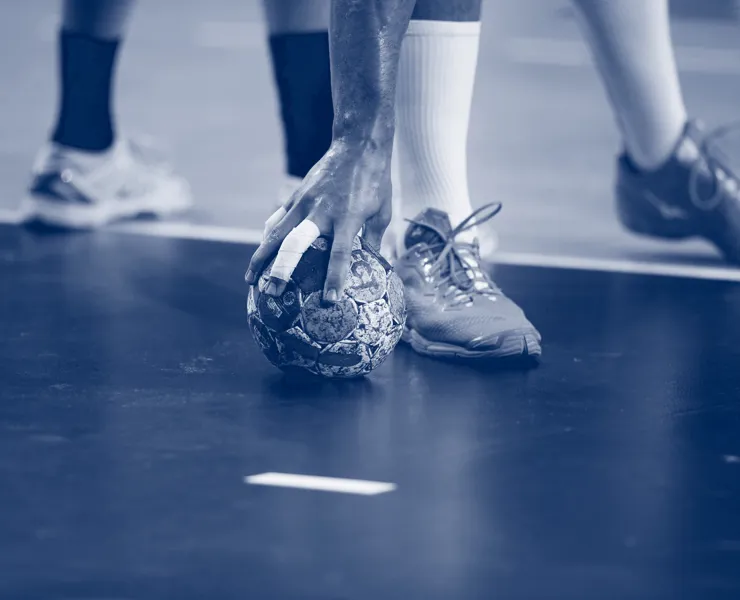I have come to understand that you cannot ask why things happen in life. 2013 was the brightest year of my career but was also the year I lost my mum. We, Brazil, were world champions. My mum passed away three months before that. She had skin cancer. I was living in Norway playing, in 2010, when they found out. A year later she was clear and stayed that way for a year, but in March 2013 I got the call from my parents to say the cancer was back. This was devastating, but my mum was fighting and she was going through chemotherapy and everything. As soon as I could go home, I went back to her.
That year I got to spend a lot of time with her, but then we found out the cancer had spread pretty much everywhere. Because I was away, I didn’t see her go through daily life suffering, and I was lucky for that. I talked to her every day and she was always happy on the phone — she was never complaining. I didn’t see her worst days. When I realised things were going really bad, it was around June, July 2013, and I decided to stay home.
I can see the memory clearly in my head, how mum and I were laying down in bed and it was just a few days until I had to come back to Europe. I told her I was not going anywhere; I would stay with her because I saw that I wouldn’t have much time left with her. She started crying and told me she could not accept this: “You need to go. You need to fight for your dreams. You would be giving up on your life and you’re not going to be happy, and if you’re not happy, you’re not helping me because then I’m not happy either.” So, she convinced me to come back.
I was playing at Hypo in this time and had the same coach as the national team, Morten Soubak, who was so understanding. I went back home when mum broke her leg, related to the cancer spread, then returned to Hypo. A week later my dad called me and said, “If you want to see your mum alive, you need to come home.” I booked a flight immediately, arrived on Thursday at 11am and went directly to the hospital. She passed away on the Friday at 11am. I knew she was waiting for me and that I was going to say goodbye to her.










































